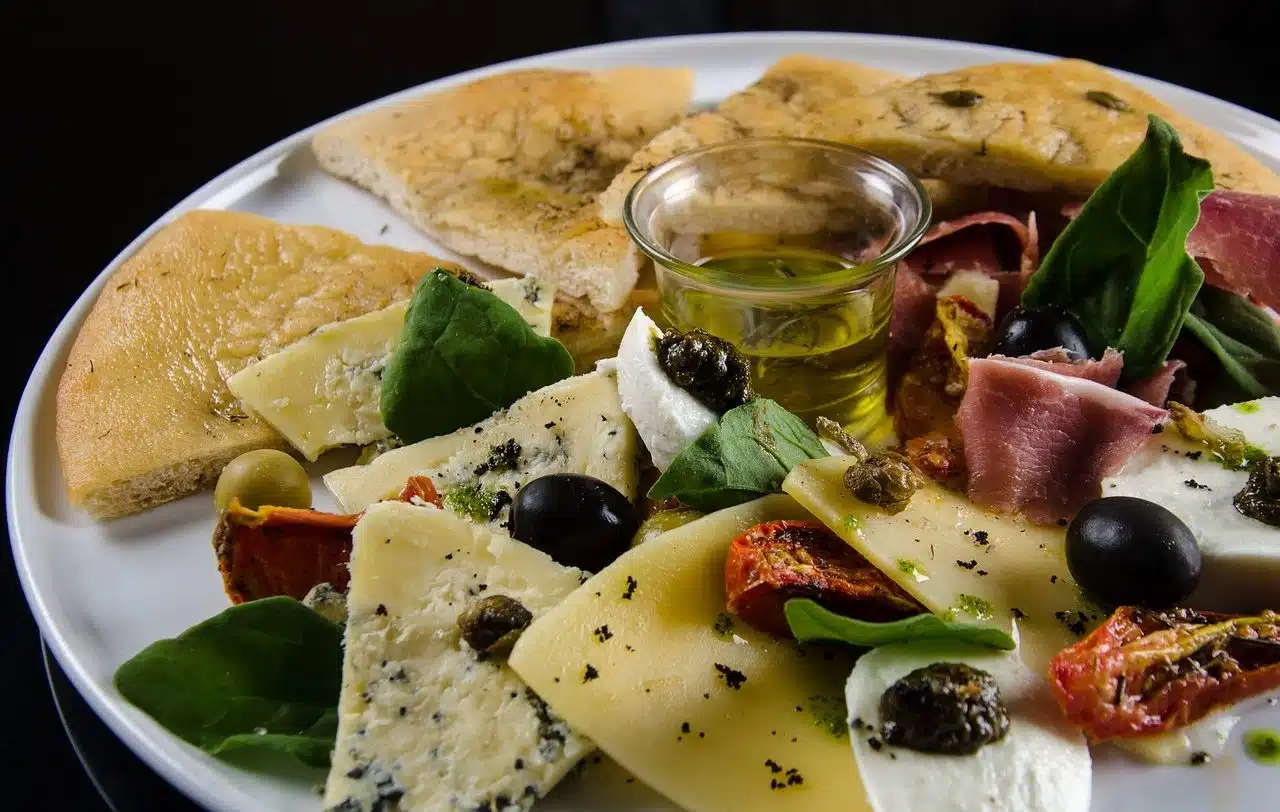
A tasting allows you to try different foods to capture their flavor and aroma, focusing on enjoyment.
Tasting is a concept that derives from the Latin degustatio and is associated with the verb to taste . This action, for its part, refers to eating some food with the intention of capturing its flavor and aroma and enjoying it to the fullest.
To carry out a tasting, therefore, it is necessary to savor what is consumed. It is not about eating or drinking almost automatically, but rather taking a few moments to be aware of the action and enhance your enjoyment. The idea is that the food or drink is perceived in all its splendor so that it stimulates the senses and makes the experience pleasant.
Food tasting
It is likely to attend a food tasting to try several different foods. A Mexican food restaurant, for example, can organize a tasting and serve small portions of its dishes. In this way, the person can try tacos, enchiladas, quesadillas and other typical delicacies of Mexican cuisine in the same lunch or dinner.
When the tasting focuses on a drink, it is called tasting . The most popular tastings are wine tastings, which consist of a tasting of different varietals. The tasting is usually organized and led by a sommelier or sommelier , a wine expert.
Another possibility is that the tasting aims to publicize a product so that a consumer, after trying it, decides to buy it. At massive events or crowded venues, brands can offer a free tasting of a drink or a snack in order to win over potential buyers.
Within this context, a vegetarian tasting can be held in order to show people the wide variety of dishes that can be prepared without using animal products. Veganism constantly fights against speciesism and to this end carries out various activities and demonstrations, generally pacifist and awareness-raising; One of these measures is the tasting of food that respects nature .

Tasting drinks is often called tasting.
Cultural importance
Although there are people who do not enjoy food, or at least who consider food a mere physiological need and do not express passion for any particular dish, it is normal for gastronomy to occupy a very important place in any culture . Eating is necessary to live, but it also serves to share good times with other people, to meet with friends and family, to explore creativity and achieve small pleasures.
A tasting has as its first objective to show a group of people a series of dishes, but it can also serve to transmit human values, to generate a cultural exchange that goes far beyond food. When you try a food that another person prepared, you bond with them in a very particular way; It is a symbol of trust and openness that often goes unnoticed, but it is clear that no one would eat something offered by an unpleasant or unreliable-looking individual.
In the case of a vegetarian tasting , we choose to leave aside speeches about the importance of not exploiting animals, in pursuit of an undeniable demonstration of how delicious food made with plant products is. Although for this exchange to be successful it is necessary that the participants be open to new flavors and new ideas , the palate does much of the work and cannot be manipulated to give a false response.
Big changes cannot happen in a few hours, but a tasting can encourage some people to try new recipes to gradually replace some of theirs and, over time, have more chances of discovering a new way of understanding the feeding.
